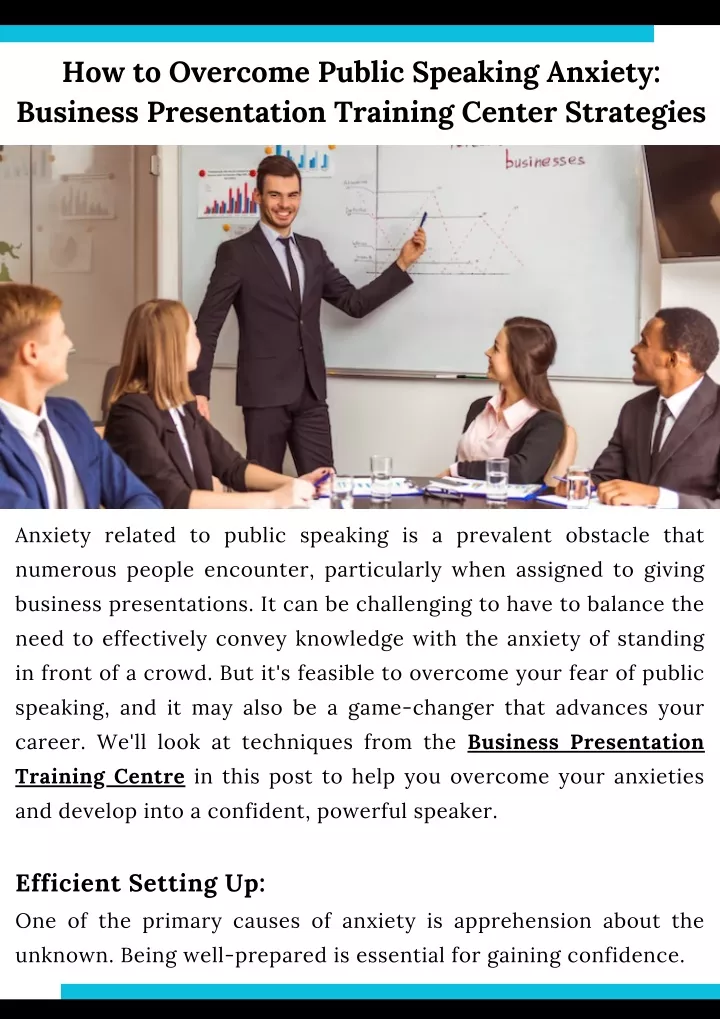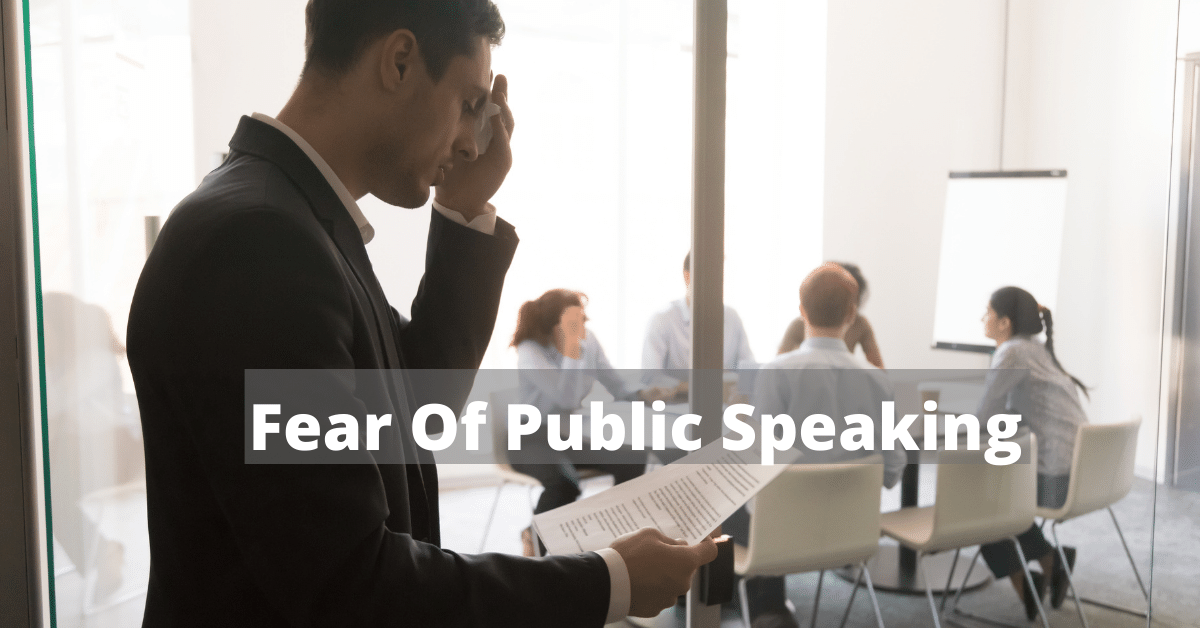How To Fix Public Speaking Anxiety
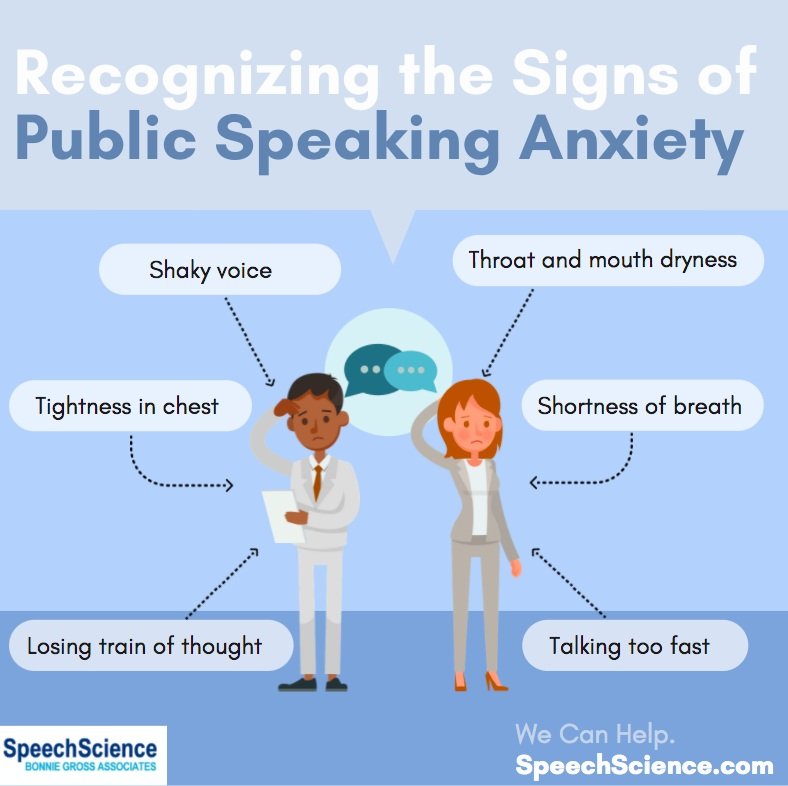
For many, the mere thought of standing before an audience is enough to trigger a cascade of anxiety. Sweaty palms, racing heart, and a mind blanker are all common symptoms of public speaking anxiety, a prevalent fear that can hinder personal and professional growth. But fear not, conquering this anxiety is possible with the right strategies and a healthy dose of practice.
This article explores evidence-based techniques and expert advice on how to manage and overcome the fear of public speaking. It delves into practical methods anyone can employ to transform apprehension into confidence, empowering individuals to communicate effectively and command any room.
Understanding Public Speaking Anxiety
Public speaking anxiety, also known as glossophobia, is a form of social anxiety characterized by the fear of speaking in front of an audience. According to the National Institute of Mental Health, it affects a significant portion of the population, ranging from mild nervousness to paralyzing fear.
This anxiety often stems from a combination of factors, including fear of judgment, lack of preparation, and negative past experiences. The good news is that these fears can be addressed and managed through targeted interventions.
Preparation is Key
One of the most effective ways to combat public speaking anxiety is through thorough preparation. Knowing your material inside and out allows you to feel more confident and in control.
This involves not only researching your topic but also structuring your speech logically, creating clear and concise notes, and practicing your delivery multiple times. Rehearsing in front of a mirror or recording yourself can provide valuable feedback on your body language and vocal delivery.
Practice Makes Progress
"Practice doesn't make perfect. Perfect practice makes perfect," as the saying goes, and this is especially true for public speaking. The more you practice, the more comfortable you become with the material and the speaking environment.
Consider joining a public speaking club like Toastmasters International, a non-profit educational organization that helps individuals develop their communication and leadership skills. These groups provide a supportive and constructive environment to practice speaking in front of others and receive valuable feedback.
Managing Physical Symptoms
Physical symptoms of anxiety, such as a racing heart or sweaty palms, can be managed through relaxation techniques. Deep breathing exercises, such as diaphragmatic breathing, can help slow your heart rate and calm your nerves.
Progressive muscle relaxation, where you tense and release different muscle groups, can also help reduce physical tension. Mindfulness and meditation practices can further promote a sense of calm and centeredness.
Reframing Negative Thoughts
Negative thoughts, such as "I'm going to mess up" or "Everyone will think I'm stupid," can exacerbate anxiety. Cognitive restructuring, a technique used in cognitive behavioral therapy (CBT), involves identifying and challenging these negative thoughts.
Replace negative thoughts with more realistic and positive ones. Instead of thinking "I'm going to fail," try thinking "I'm well-prepared, and I can do this." Focusing on your strengths and past successes can boost your confidence.
Visualization Techniques
Visualization involves mentally rehearsing your speech and imagining yourself succeeding. Create a vivid mental picture of yourself delivering a confident and engaging presentation.
Imagine the audience responding positively to your message. This mental rehearsal can help reduce anxiety and build confidence in your ability to perform well.
Embrace Imperfection
It's important to accept that you're not going to be perfect. Everyone makes mistakes, and it's okay to stumble over your words or forget a point. Audiences are generally forgiving and understanding.
Instead of dwelling on your mistakes, learn from them and move on. Focus on connecting with your audience and delivering your message authentically.
Seek Professional Help
If your public speaking anxiety is severe and interfering with your daily life, consider seeking professional help. A therapist or counselor can provide guidance and support in overcoming your fears.
Cognitive behavioral therapy (CBT) is a proven effective treatment for anxiety disorders, including public speaking anxiety. CBT helps you identify and change negative thought patterns and behaviors that contribute to your anxiety.
Ultimately, overcoming public speaking anxiety is a journey that requires patience, persistence, and a willingness to step outside your comfort zone. By implementing these strategies and seeking support when needed, you can transform your fear into confidence and become a more effective and engaging speaker.

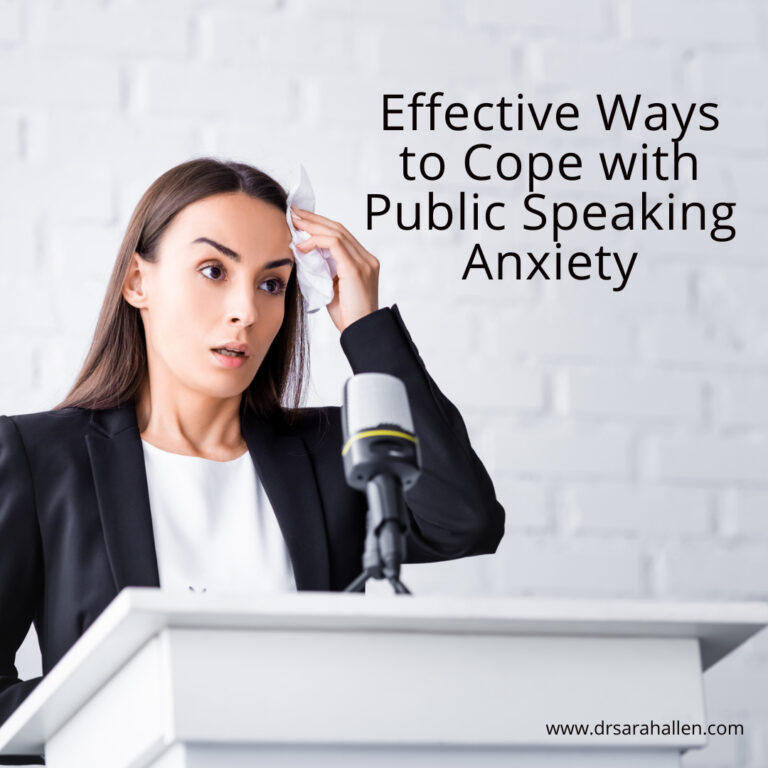
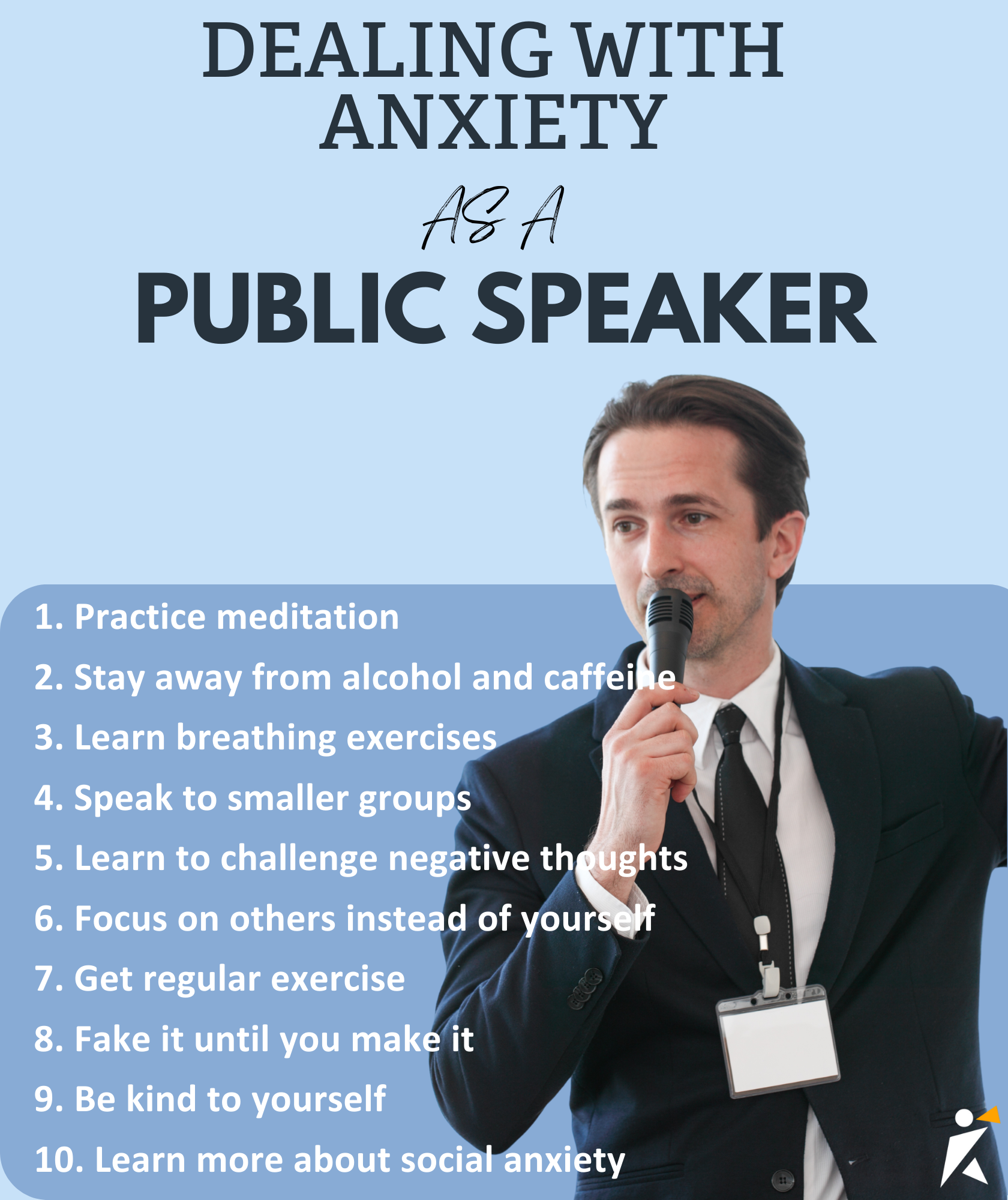
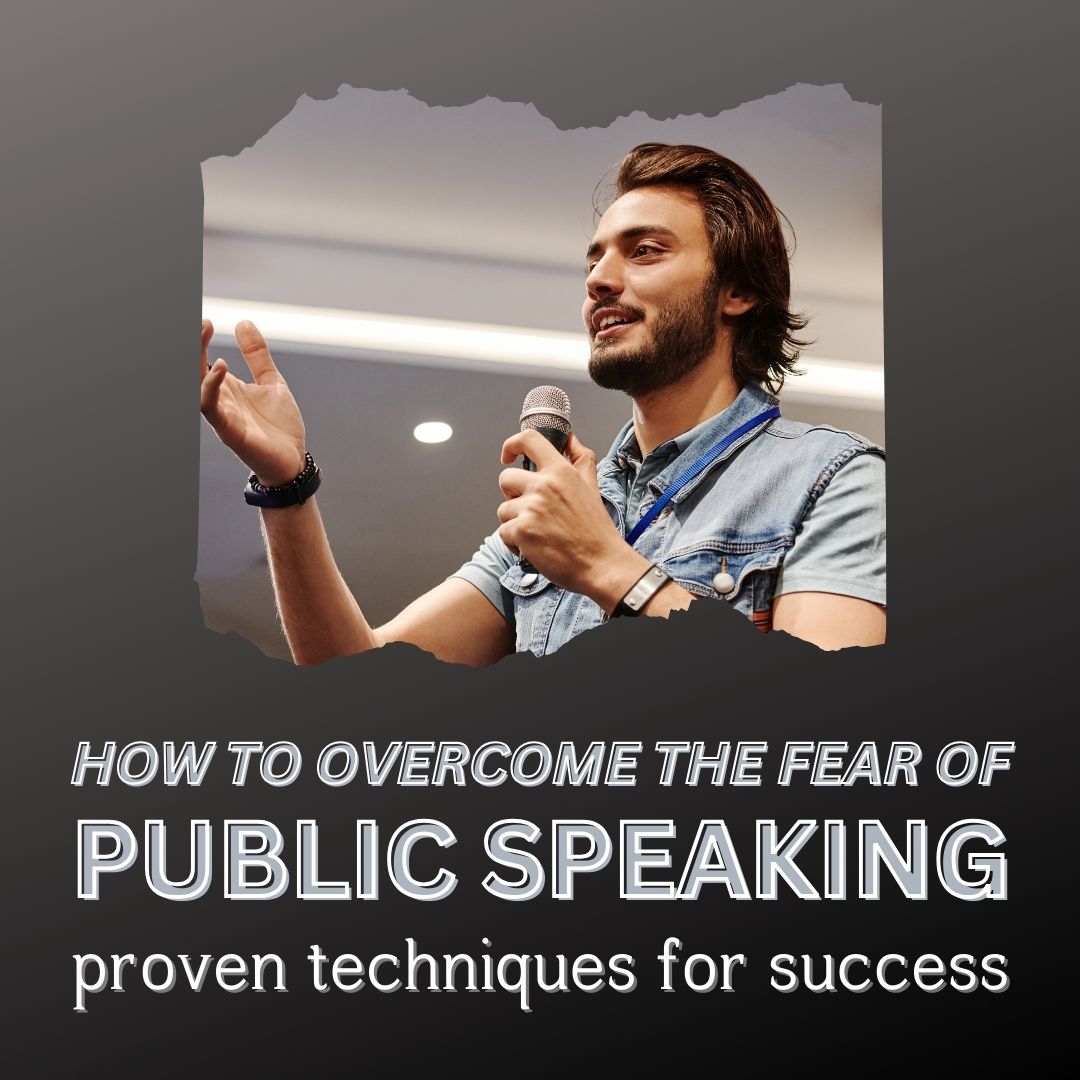



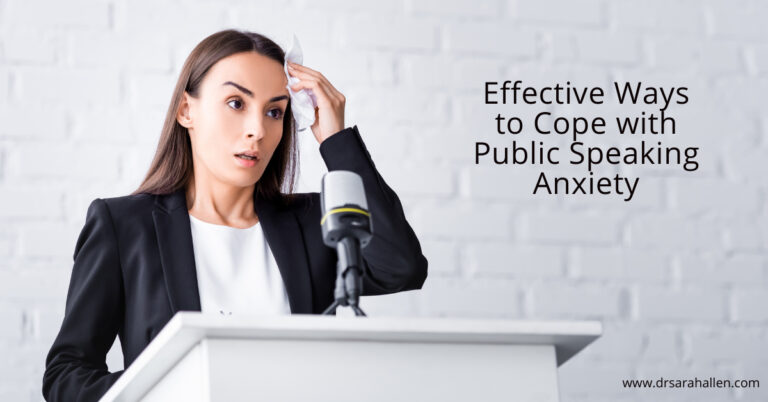

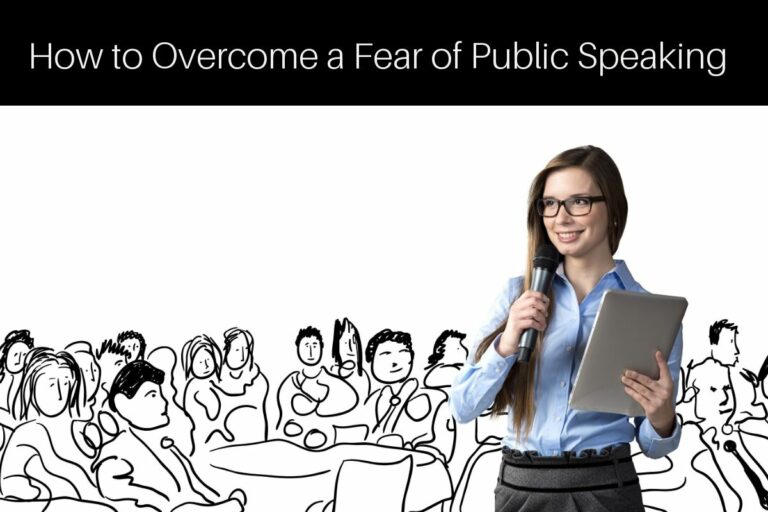


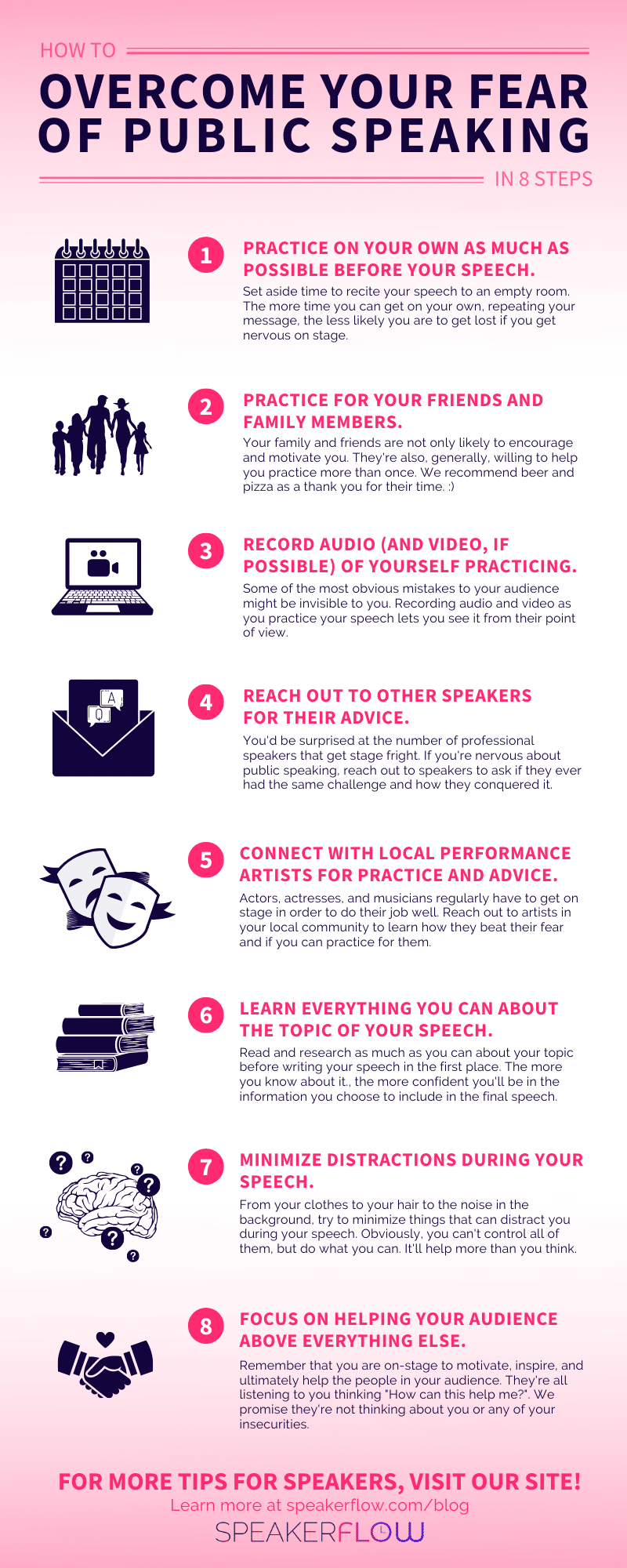
![How To Fix Public Speaking Anxiety Nine Tips to Help You Conquer Your Public Speaking Anxiety [Infographic]](https://www.skillzme.com/wp-content/uploads/2017/05/heo-image-Public-Speaking.jpg)

